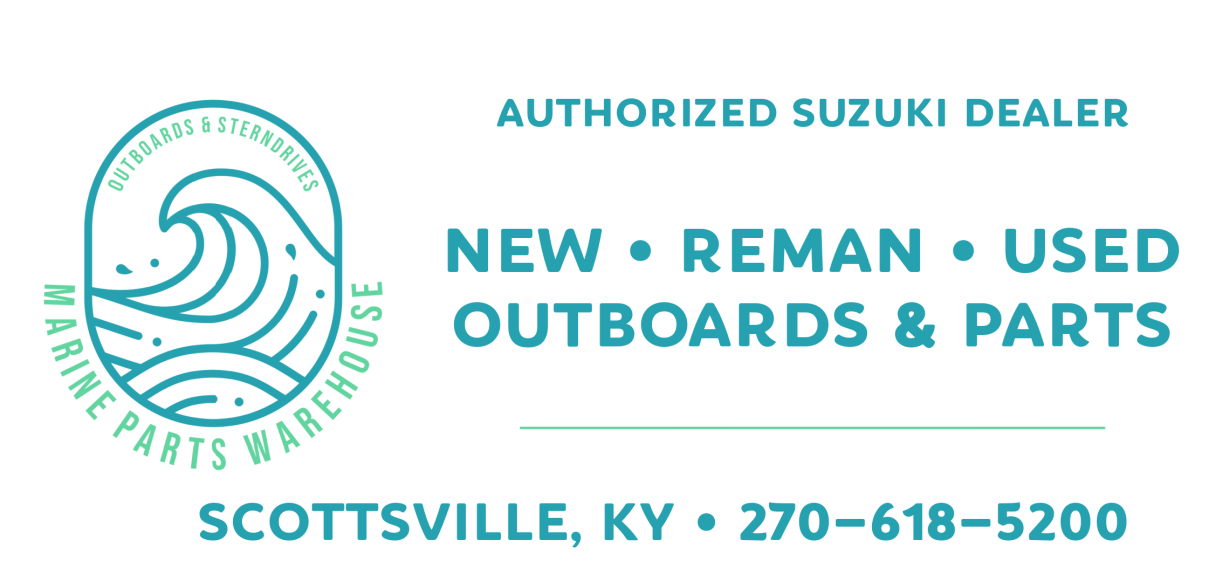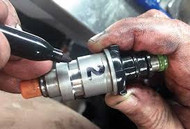Outboard Fuel Injector Cleaning
Your engine won’t start with one turn of the key anymore. It idles rough, and it surges on its way to full throttle. The boating season has just begun, and you’re already having problems. It could be that your engine’s fuel injectors are dirty, clogged with stale fuel that has dried and turned to varnish. It’s possible to jury-rig a simple home-cleaning method, but the best way to handle fuel injector cleaning is to remove the dirty injectors and send them to a professional.

What else can you do to ensure the health of your fuel injectors? We gleaned these tips from BrucatoFIS Inc.’s owner, Rich Szczerbala. BrucatoFIS (brucatofis.com) has been cleaning, calibrating and repairing marine fuel injectors for hundreds of racers, rebuilders, boatyards and recreational boats for many years.
Use Stabilizer Every Time
The best way to keep fuel injectors clean is to do so while they’re still on the engine. Using a fuel additive like those by Sta-Bil, Star Tron, ValvTect or Gas-Shok Plus on a regular basis will prevent condensation and debris from building up in your boat’s fuel system, thus avoiding the problem altogether.
Double Dose At Storage
Doubling or tripling the dosage before any storage of longer than a month is cheap insurance against fuel-injector problems. At less than $20 for an 8-ounce bottle that will treat up to 80 gallons — compared to $150 plus shipping for BrucatoFIS’s cleaning service plus a few hours of labor to remove and reinstall — using fuel additives is a no-brainer.
Avoid Ethanol Fuel
Avoid ethanol blends and your injectors will love you. So-called “straight gas” is not available everywhere, and it’s also often more expensive than ethanol blends of gasoline. For a list of North American retailers selling nonethanol gas, visit pure-gas.org.
Service Fuel System
Hoses, filters, O-rings and fuel pumps often can’t stand up to the corrosive and caustic effects of the alcohol in fuels. They tend to disintegrate from the inside out, emitting debris that ends up in the injectors. Change filters and check hoses, gaskets and O-rings at least every 100 hours. Replace with alcohol-resistant components, where available.
Have Injectors Professionally Serviced
Professional fuel-injector service (cleaning, calibration and/or repair) should be done every 300 engine-run-time hours or every three to four years. Szczerbala says that not all injectors are created equal, and defects in quality can shorten the service interval. Discuss the issue with your boatyard service manager or technician.
Posted by Randall “Tex” Cobb


